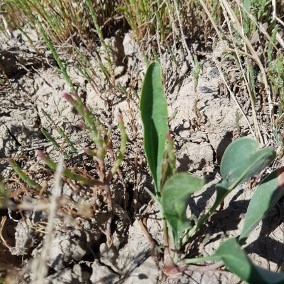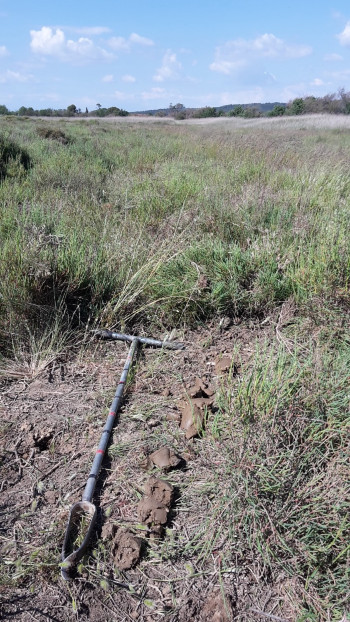 The study of waters and soils salinization in the coastal areas is particularly revealing of these general balances. Indeed, the current state of salinization results from interactions and feedback between natural processes (intrusion of marine water, presence of fresh and brackish groundwater, capillary rise, infiltration, percolation, leaching) and anthropogenic control actions (submersion, drainage). The challenge for many coastal areas was to establish water, soil and ecosystem management methods capable of maintaining the expected uses and preserving natural areas. Crisis situations induced by salinization (vegetation mortality, increased salinity of water bodies) are often indicative of imbalances caused by climate change (reduced rainfall, increased evapotranspiration, rising sea levels) and/or access to water resources (sharing between water withdrawals, access to resources outside the catchment area) and/or spatial patterns (agricultural reparcelling, impermeabilization, construction or removal of agricultural and water infrastructures).
The study of waters and soils salinization in the coastal areas is particularly revealing of these general balances. Indeed, the current state of salinization results from interactions and feedback between natural processes (intrusion of marine water, presence of fresh and brackish groundwater, capillary rise, infiltration, percolation, leaching) and anthropogenic control actions (submersion, drainage). The challenge for many coastal areas was to establish water, soil and ecosystem management methods capable of maintaining the expected uses and preserving natural areas. Crisis situations induced by salinization (vegetation mortality, increased salinity of water bodies) are often indicative of imbalances caused by climate change (reduced rainfall, increased evapotranspiration, rising sea levels) and/or access to water resources (sharing between water withdrawals, access to resources outside the catchment area) and/or spatial patterns (agricultural reparcelling, impermeabilization, construction or removal of agricultural and water infrastructures).
The aim of this doctoral thesis is to analyze and assess the adaptation of coastal socio-hydro-ecosystems to global change through hydro-saline dynamics, from the local to the territorial scale, on an annual cycle and over long time scales.
 This project will be carried out in the high-stake area of the Aude lowlands, which offers a diversity of processes and logics of action at the root of soil and water salinization, and a strong connection with the various stakeholders in relation to the issue. The research work will benefit from the diagnostics and databases acquired as part of the SALIN collaborative project (2019-2022) and from the support of the SALIN 2 project (2014-2028) conducted in partnership between the Institut Agro Montpellier, BRGM, the Grand Narbonne agglomeration and the Parc Naturel Régional de la Narbonnaise, and in collaboration with the Aude Chamber of Agriculture, the National Mediterranean Botanical Conservatory and the Tour du Valat.
This project will be carried out in the high-stake area of the Aude lowlands, which offers a diversity of processes and logics of action at the root of soil and water salinization, and a strong connection with the various stakeholders in relation to the issue. The research work will benefit from the diagnostics and databases acquired as part of the SALIN collaborative project (2019-2022) and from the support of the SALIN 2 project (2014-2028) conducted in partnership between the Institut Agro Montpellier, BRGM, the Grand Narbonne agglomeration and the Parc Naturel Régional de la Narbonnaise, and in collaboration with the Aude Chamber of Agriculture, the National Mediterranean Botanical Conservatory and the Tour du Valat.
Key words : soil-water and plant, plant communities, water management, agriculture-natural areas continuum, trajectories






